Since 2011, Portland State University and the Initiative for Bicycle and Pedestrian Innovation have offered a unique opportunity to students: a two-week study abroad course that introduces participants to cities with stellar bike cultures. In past years, classes have explored the Netherlands, Sweden, and Denmark. This year’s class of eight students, led by Hau Hagedorn and Drusilla van Hengel, spent two weeks this summer traversing Denmark by public transportation, foot, and (of course) bike. Check out some photos from the trip.
Students came from all over the country—from Portland to Connecticut—to attend the course. What they all had in common was a desire to learn from a city that is renowned to have some of the best bike infrastructure in the world. The students wanted to bring their newfound knowledge back to their respective towns to make the world a safer, happier place for their loved ones and communities.
Ern Tan—the founder of Civic Cincinnati, a grassroots urbanism advocacy group in Ohio—said before the trip that she was looking forward to seeing the promise of a more bikeable future for Cincinnati reflected in the streets of Copenhagen. “How did city planning policies come to be?” she asked. “How was Copenhagen’s history and cultural environment set up to make urbanism so successful? And how can we take those lessons to Cincinnati?”
Jonathan Fleming—a PSU student studying Special Education—also hoped to learn from Copenhagen’s bike infrastructure for his family, especially his four-year-old daughter. “I want to work toward a future in which it would be comfortable and safe for her, and for all of the city’s most vulnerable, to walk and bike and move around the city, and to do so with the freedom they deserve,” he said prior to the trip. “I hope to gain a solid understanding of how Copenhagen got it all to work so well, and I want to bring this knowledge back to my local community to better advocate for safer streets for all.”
Over the course of the two weeks, students attended lectures from a variety of transportation professionals around the country, including consultants, engineers, and architects. They rode bikes around Copenhagen and outside the city, too, visiting Thomas Dambo trolls like Green George and Suttetrolden Sanka. They even took a ferry ride to Sweden for the day and heard from the Swedish Transportation Administration.
For one of the course assignments, students had to choose a city in the United States and analyze their bike plan. They then had to compare the plan of their chosen city with that of Copenhagen. Ern chose to analyze the bike plan of her hometown—Edmond, Oklahoma—and Jonathan chose Daly City, California because he used to live there and never felt safe biking there. Their findings represent the range of biking infrastructure available in the US.
Ern found that Edmond’s bike plan lacked short-term timelines or, in some cases, any timeline at all. However, she found that Edmond does have an actionable plan to expand its bikeshare system and biking trails in the next few years. She believed that, with public support, the bike plan could thrive.
Jonathan found that Daly City’s plan had parts that were actionable and parts that were ambitious, but not parts that were both actionable and ambitious. Some goals outlined in the didn’t seem to be doing enough to prioritize bikes. The city mostly just wrote of adding Class III bike lanes, which are lanes on the road that can be shared with drivers. Jonathan thought that the city could be doing more with the existing infrastructure to implement separated bike lanes or multi-use paths.
Comparatively, when Ern and Jonathan looked at Copenhagen’s bike plan, they both found that it was empathetic, framing cycling as something that will truly benefit the citizens of the city and that it should therefore be something worth prioritizing. Daly City’s bike plan was just meant to make cycling a viable transportation option, with no mention of the benefits it could bring to the citizens. Edmond’s bike plan similarly highlights the planners’ vision without really considering the public. In other words, Copenhagen understands its citizens and determines its goals based on that. Jonathan mentioned that Daly City conducted a community needs assessment, but both chosen US cities lack Copenhagen’s level of vision.
Copenhagen certainly isn’t perfect. Students observed issues with traffic and wayfinding, annoyances that they were all too familiar with in the States. Overall, though, the trip taught the students of the progress that can occur when biking is properly prioritized at a government level. Ern said that she will remember the importance of green space because she saw how much it was prioritized in Copenhagen. Jonathan reflected on the lecture that Neils Hoe from HOE360 Consulting gave about the city prioritizing the right of way for pedestrians first, then bicycles, then cars. These are lessons that they will take back with them to the States to advocate for in their communities.
The two-week study abroad class is available for five credits as part of the civil engineering and urban studies & planning course catalogs. Check out some photo albums from previous years on Flickr. Interested in studying abroad in 2025? Sign up here to be notified about future study abroad opportunities.
Portland State University's Transportation Research and Education Center (TREC) is a multidisciplinary research center. We are home to the Initiative for Bicycle and Pedestrian Innovation (IBPI), headquarters of the data programs PORTAL and BikePed Portal, and a member of PacTrans, the Pacific Northwest Transportation Consortium. We produce impactful research and tools for transportation decision makers, expand the diversity and capacity of the workforce, and engage students and professionals through education and participation in research. To get updates about what's going on at TREC, sign up for our monthly newsletter or follow us on social media.

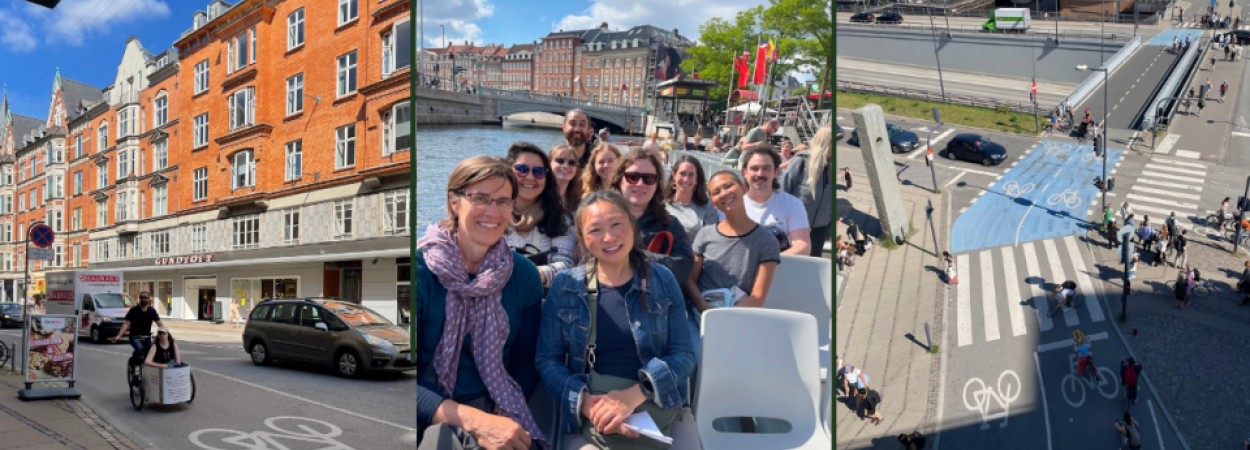
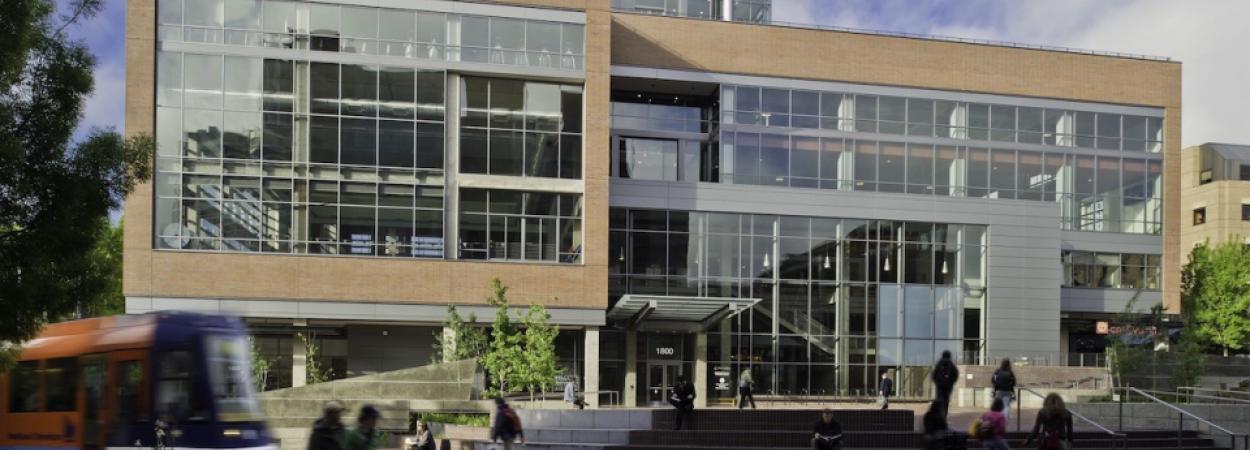
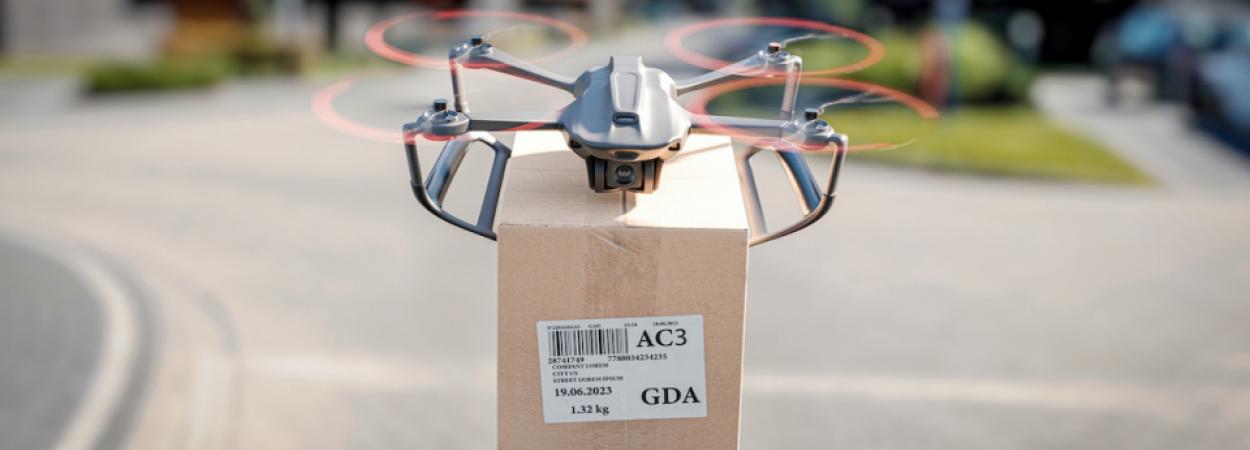

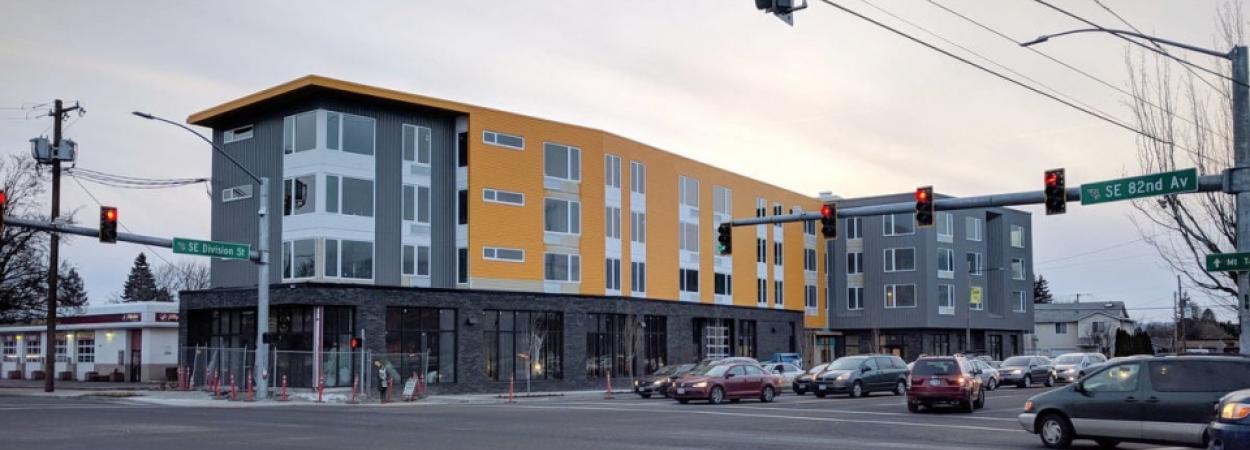
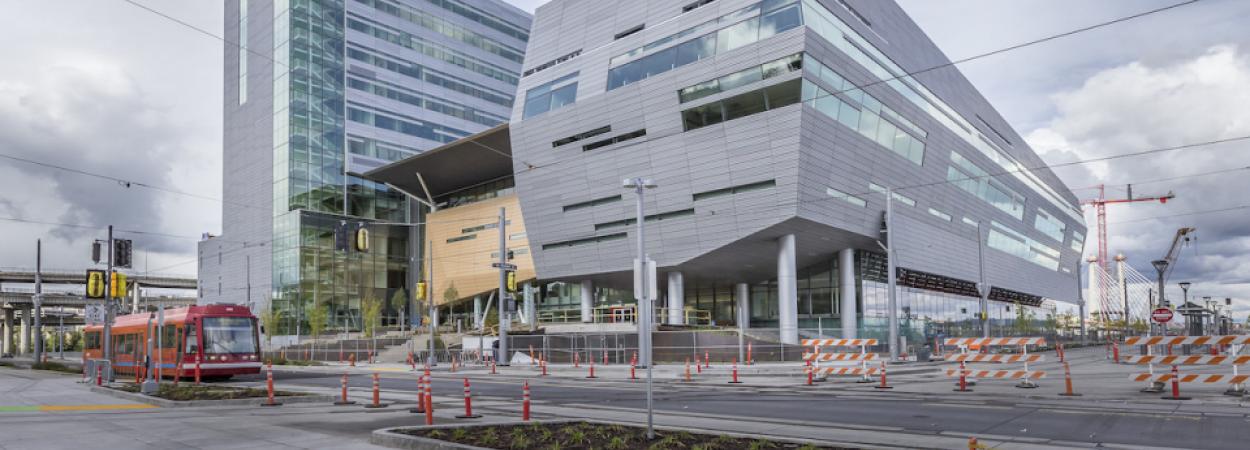
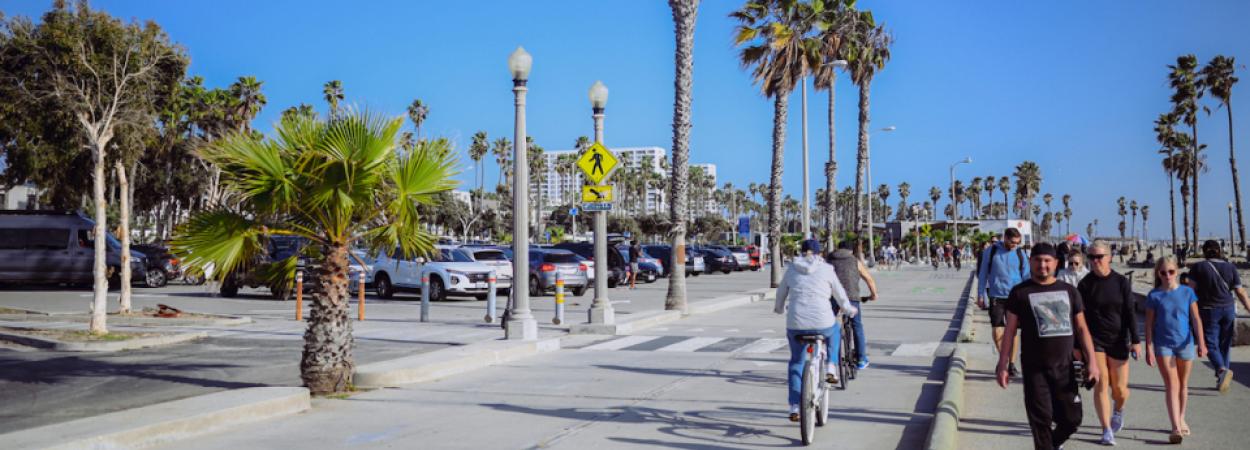
 Jiahui Ma
Jiahui Ma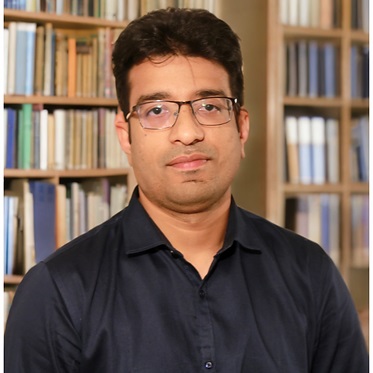 Tanmoy Bhowmik, PhD
Tanmoy Bhowmik, PhD 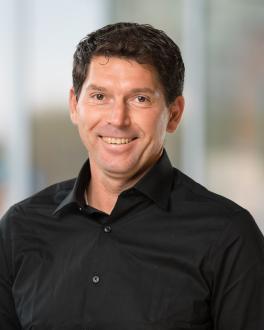
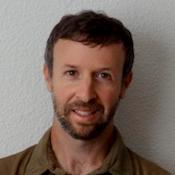 Aaron Golub, PhD
Aaron Golub, PhD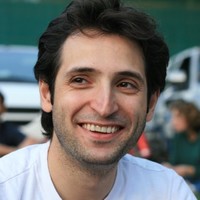 Arash Khosravifar, PhD
Arash Khosravifar, PhD 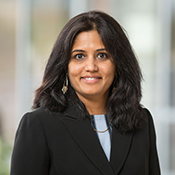 Sirisha Kothuri, PhD
Sirisha Kothuri, PhD  Jenny Liu, PhD
Jenny Liu, PhD  Diane Moug, PhD
Diane Moug, PhD
 Liming Wang, PhD
Liming Wang, PhD  David Yang, PhD
David Yang, PhD  Jennifer Dill, PhD
Jennifer Dill, PhD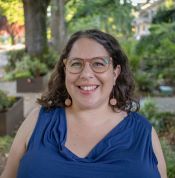
 Joseph Broach, Ph.D.
Joseph Broach, Ph.D.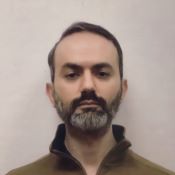 Basem Elazzabi, PhD
Basem Elazzabi, PhD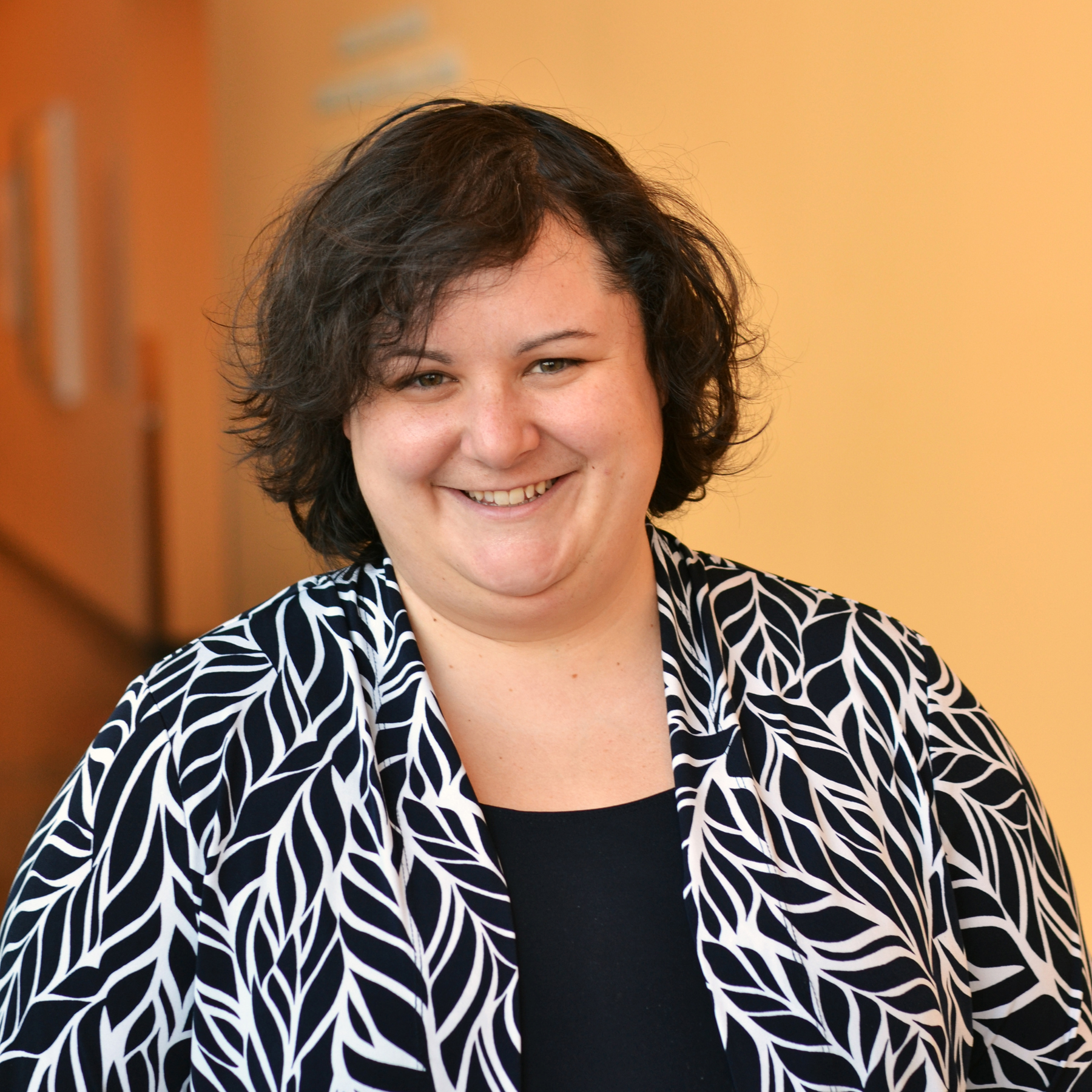
 Kyuri Kim, PhD
Kyuri Kim, PhD
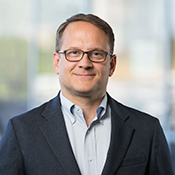 John MacArthur
John MacArthur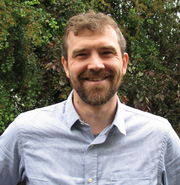
 Saurav Kumar Singh
Saurav Kumar Singh

